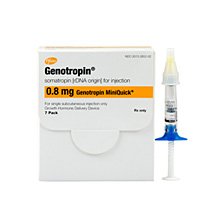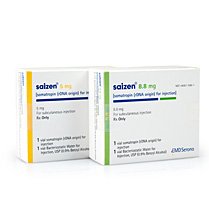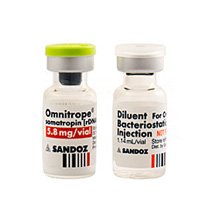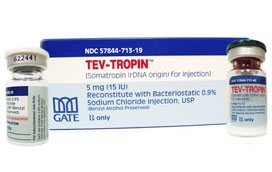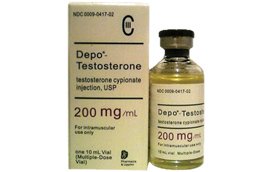What Is Testosterone and How Does It Impact Your Health?

Testosterone may be the most misunderstood and considered hormone in the human body – not by science, but by everyday people who often associate it with muscles and male sex drive. Here at Greenberg Health, we want to ensure that every person understands how vital testosterone truly is for their health, mental functions, emotional well-being, appearance, and, yes, libido.
To do that, we will answer some frequently asked questions, beginning with:
What is testosterone?
Testosterone is an androgen hormone present from birth through death, although it decreases in production with age. Women have 1/10th to 1/20th the level of testosterone in their bodies as men.
Testosterone is a vital androgen hormone that everyone needs! |
Where is testosterone produced?
Males produce testosterone in the testes. Female production of testosterone occurs in their ovaries. Both sexes also see a smaller amount of testosterone secreted from the adrenal glands.
What is testosterone and how does it work?
Testosterone is a hormone, a chemical messenger that moves through the bloodstream seeking out androgen receptors – cells that receive the testosterone signal and bind with it to create a different action. Testosterone production occurs when the pituitary gland releases luteinizing hormone to signal the testes and ovaries to manufacture testosterone.
Testosterone Production and the Male Body
We cannot understate the importance of testosterone for the male body. The National Institutes of Health views testosterone as one of the most important of all hormones for men.
Why is that? What is testosterone and what does it do that makes it so important?
Testosterone is not just for sex, although it does regulate sexual desire and spermatogenesis. In fact, a man with Low T may have trouble with conception as testosterone is crucial for the maturation of sperm. Fertility and sex aside, testosterone stimulates the production of red blood cells in bone marrow, a process crucial to preventing anemia as one gets older. These same red blood cells deliver oxygen throughout the body, including to the brain, where androgen receptors await a supply of testosterone to keep brain functions in working order.
Testosterone maintains strong muscles, bones, and brain functions! |
What is testosterone and why is it important later in life after levels of this hormone have begun to decline?
Men begin to see a decline in testosterone production after that age of thirty, as much as one to two percent each year. While this is normal, suffering from adverse effects of this decrease is not. The body should adjust naturally to this change, but when it does not, all the functions that testosterone affects will suffer. This also includes muscle and bone support and maintenance, glucose uptake, metabolism, and fat distribution. Men with Low T are at a higher risk of heart disease, osteoporosis, dementia, obesity, and type 2 diabetes.
Testosterone Functions in Women
Women are used to hearing more about the hormones estrogen and progesterone than testosterone, but that can create serious issues in later years when menopause also stops the production of testosterone. Blindly prescribing estrogen replacement therapy without first running blood tests can create a further imbalance in a woman’s body.
What is testosterone and what is its function in women that makes it so important to maintain?
Testosterone is a hormone that the body converts into the most usable form of estrogen – estradiol. Without enough testosterone, estradiol levels will also decline.
Testosterone is a mediator of some of the effects of both estradiol and growth hormone on bone development and density. Osteoporosis is a serious health issue for women and men. Maintaining proper testosterone levels can help strengthen bones and muscles to prevent or reduce the risk of life-threatening fractures down the road.
Testosterone increases estrogen and reduces osteoporosis risk! |
What is testosterone used for by women as they age?
Vaginal dryness is a condition that interferes with pleasurable intercourse around the time of menopause. Increasing testosterone levels often improves vaginal secretions and restores sexual desire and powerful orgasms.
Testosterone is a hormone that helps strengthen memory, cognitive functions, focus, improves energy levels, and food to energy metabolism. Testosterone also helps to maintain healthy cholesterol and triglycerides and keeps blood pressure levels in the normal range.
To learn more about how testosterone can benefit you as you age, please contact Greenberg Health for a free consultation with a hormone advisor.


















 Norditropin
Norditropin